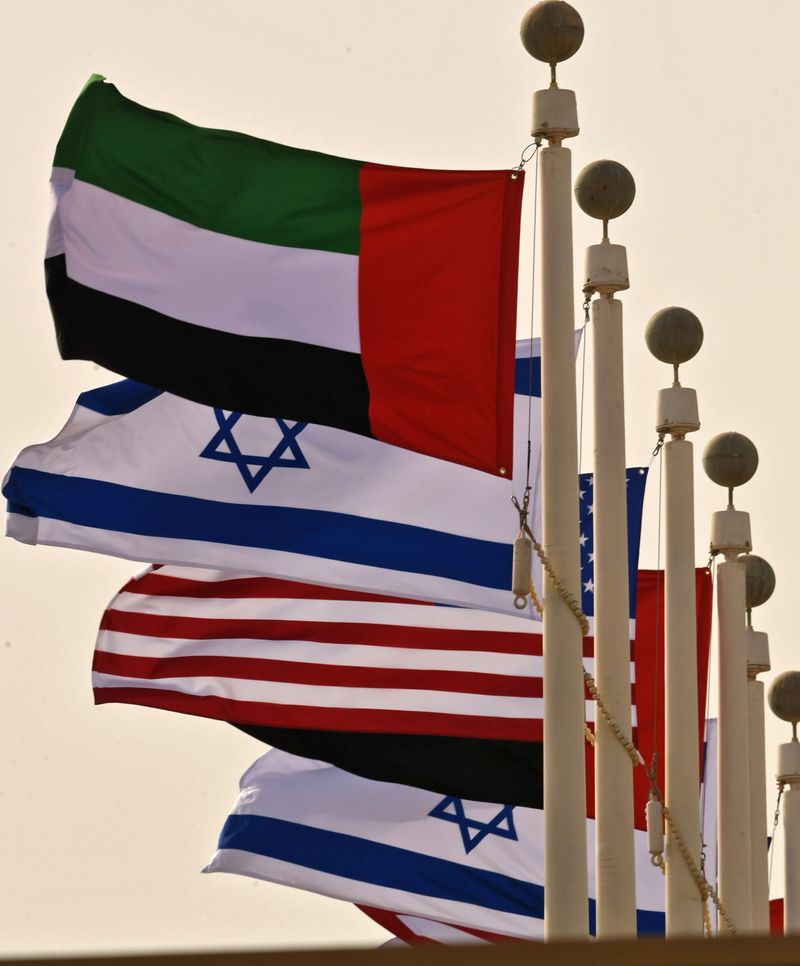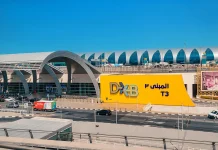Dubai: Possibilities for two-way investment flows will be looked into at depth at the first all-virtual UAE-Israel Business Leaders’ Summit, which runs from December 14-16.
The aim of the conference is to advance – and speed up – dialogue between businesses in the two countries, as they look at opportunities created by the Abraham Accords, and lay the groundwork for collaboration across sectors. The event is hosted by ‘Gulf News’ and ‘TheMarker’, the Israeli business newspaper owned by Haaretz.
The summit will be held online and broadcast on their websites. The speakers will include business figures and senior government officials of the two countries, participating in panels mediated by leading editors from the two news groups. (For registrations, please visit: www.uae-israel-summit.com/home The registration is free of charge.)
The keynote addresses – on the ‘economic dividend of the deal’ – will be delivered by Reuven Rivlin, President of Israel, and by Abdulla Bin Touq Al Marri, UAE Economy Minister. Other speakers from the local public sector include Dr. Tariq Bin Hendi, Director-General of ADIO (Abu Dhabi Investment Office); Mohammed Shael AlSaadi, CEO, Corporate Strategic Affairs, Dubai Economy; and Mansoor Al Marar, Director – Commercial Zone, Kizad.
At full speed
In these three months, much progress has been made by businesses and institutions in both countries to make inroads into newly opened up markets.
“The normalization has moved us to actually facilitate direct linkage, which obviously makes a business’s life much easier,” said Yifat Oron, CEO of Israel’s LeumiTech.
LeumiTech, which helps Israeli tech firms expand their operations into UAE, directs its clients to Emirates NBD and First Abu Dhabi Bank – two banks that signed agreements with Israel’s Bank Leumi in September.
“In theory, we would like to be able to work with all banks, but obviously those we have agreements with would be the priority,” said Oron.
Matter of a few steps
Thanks to deals signed between UAE and Israeli banks, opening an account is not a big issue anymore. “Banking isn’t a problem – all banks have confirmed they are open for business to Israeli clients,” said Scott Cairns, founder of Creation Business Consultants.
Also Read: New fares are released from UAE to India, Pakistan, Nepal and other countries, but bookings only till 19 December.
Tech in focus
DeVere Forster, Chief Operating Officer of Dubai CommerCity (an e-commerce free zone), said he will be meeting with Israeli tech companies in the coming weeks to get a better understanding of their products and services.
“I will be joining a number of webinars in terms of understanding the solutions,” he said. “I am seeing huge interest from Israeli companies that do want to have a presence in terms of their product or their solution that they can offer clients in this region now that this barrier of trade is gone.
“We are in the very early stages – but the good news is we are talking.”
Natural progression
It’s only natural for Israeli tech companies to expand into the UAE, given the Gulf country’s infrastructure and its demographic mix.
“Biotech, artificial intelligence and advanced machine learning technologies have been thriving in Israel and those companies have been quite active on the global stage,” said Lovrenc Kessler, Managing Partner at Simon-Kucher & Partners.
“Now that the political barriers have diminished, it is natural that they are also expanding in in those areas and at the end of the day… any new technology benefits the market.”

Choosing the location
Israeli firms setting up businesses in the UAE predominantly prefer free zones, but some like the ‘mainland’ too after the latest roll back of the law requiring an Emirati partner in multiple sectors.
“For now, it appears they are preferring free zones,” said Cairns. “Although there may be some tax advantages if they own less than 49 per cent, the onshore is of interest too”
Meanwhile, free zones here are upping their game now that the possibility of droves of Israeli companies venturing into this market in the months ahead.
“I know that the free zones are extremely active in trying to meet as many Israeli-oriented businesses to try and get them to come to their specific region,” said Oron. “There’s all kinds of special incentives made by the government (in UAE) to entice those companies to be located there”
Full ownership
Israeli firms prefer the 100 per cent ownership that come within free zones, said Cairns. “But they are not deterred with nominee structures for mainland companies,” he added.
Setting up shop in one of the free zones typically costs a firm around Dh36,000 to Dh55,000.
Aviation leads the way
Budget carrier flydubai is already operating 14 flights per week between Dubai and Tel Aviv, with El Al expected to begin a similar schedule this month. Etihad plans to start daily scheduled flights to Tel Aviv from March 28, while Emirates is reportedly looking at a January launch.
Initially, the plan was to have 28 weekly flights between the two countries. Now, it looks like there could be a lot more.
“We’ll witness an increase in the frequency of weekly flights – flydubai is about to add a third daily flight due to unprecedented demand,” said Linus Benjmain Bauer, Managing Director of Bauer Aviation Advisory.
“Despite security warnings, the Israeli tourists continue to flood into Dubai. UAE is one of just three green, quarantine-free countries for Israelis to travel to currently due to the pandemic.”
Also Read: Emirates to offer free hotel stays to Dubai travellers until February 2021
According to Bauer, current load factors on all flights between the Israel and the UAE are between 65-100 per cent, driven mostly by inbound travelers from Israel.
“Due to the ongoing situation in Israel with COVID-19, we haven’t seen a surge in demand for travels to Israel yet and it won’t happen this year,” he added.




